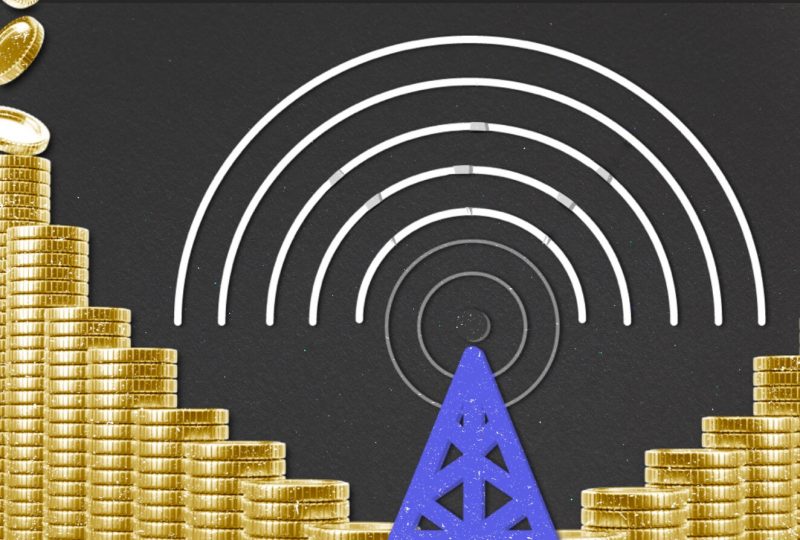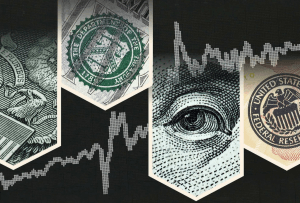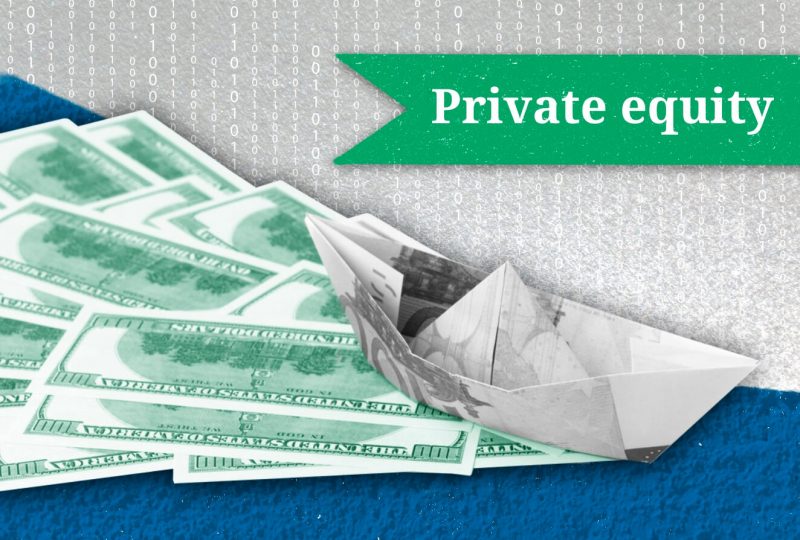Banks Power: Banks Have Just Recently Begun Reporting Earnings. What They’re Saying.
July 19, 2023

There may be concerns about the economy’s direction, but they have yet to be reflected in bank profitability.
During the second quarter, profits at JPMorgan Chase (JPM) and Wells Fargo (WFC) increased, showing banks power as rising interest rates continued to be a tailwind for several of the nation’s top lenders.
Going into this earnings season, Wall Street was cautious. Analysts at Keefe, Bruyette & Woods predict a 7% reduction in profits per share as banks compete with consumers under pressure from inflation and increased interest rates, creating an adverse environment for deal-making. So far, such concerns have not come true.
Banks have experienced a rise in net charge-offs — the share of debt that is unlikely to be repaid — compared to the previous quarter. However, executives said Friday’s levels aligned with a pre-pandemic economy more than a recessionary environment.
While many banks, large and small, will report financial results in the coming two weeks, the early indications for the industry are good, showing banks power.
JPMorgan reported a 67% increase in earnings year over year, aided partly by its May acquisition of struggling First Republic Bank. Wells Fargo’s earnings increased by 57%. Citigroup (C) fared less well, with a 36% decline in earnings due to a downturn in deal-making rather than distressed consumers. Its performance, however, exceeded The Street’s expectations.
For the time being, all attention is on net interest income, which the three fared well on, earning a total of $49 billion. Rising interest rates have benefited lenders since they may earn more money on their loans and are not under any major obligation to pay more interest to depositors. As a result, both JPMorgan and Wells Fargo raised their net interest income expectations for the year.
However, bank executives know that savers will not remain complacent for much longer, as net interest margins have already contracted quarter over quarter. JPMorgan’s net interest margin dipped to 2.62% from 2.63%, while Wells Fargo’s dropped to 3.09% from 3.2%.
In a discussion with analysts on Friday, Jamie Dimon, CEO of JPMorgan, said that he believes it is reasonable to conclude that most of our company has very little pricing power, and deposit betas will increase. You take that as a given.
Large banks like JPMorgan were seen as safe havens throughout the regional financial turmoil last spring, which saw the collapse of Silicon Valley Bank, Signature Bank, and First Republic. For a while, depositors were willing to give up higher deposit interest rates for the security of keeping their money in bigger, more dependable institutions. Banks currently have less pricing power, though, as the financial problems seem limited to a few problematic firms.
Banks, meanwhile, are facing regulatory headwinds as the Federal Reserve wants them to keep even more capital to cushion them against a prospective catastrophe, even though they have survived the previous three months uninjured.
As a result, banks would have less capital for lending and returning capital, potentially creating a sector overhang. Customers will have to seek alternate sources of finance if banks’ lending capacity is limited.
“This is great news for hedge funds, private equity, private credit, Apollo (APO), Blackstone (BX),” Dimon stated Friday when asked about Apollo’s recent record-high share price. “They’re out dancing in the streets.”
While bank investors have no cause to celebrate, they also have no reason to be concerned.




